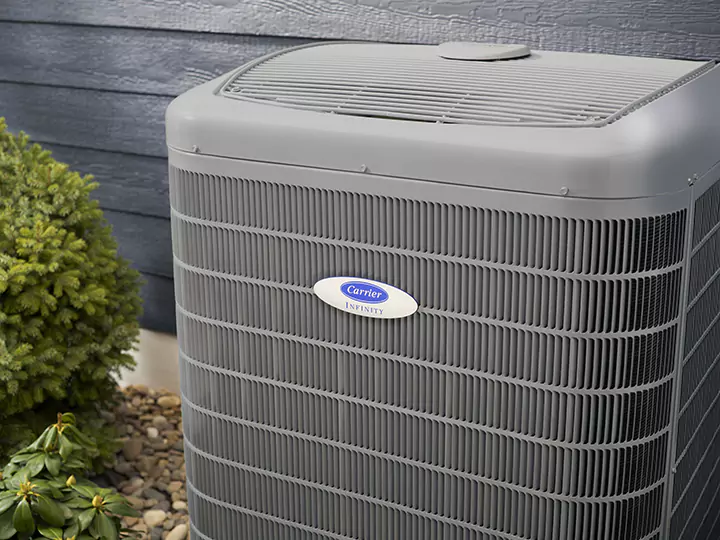When it comes to keeping your home cozy during the colder months, two popular heating options stand out: the heat pump and the furnace. While both are effective in providing warmth, they operate on distinct principles. In this blog post, we’ll unravel the differences between a heat pump and a furnace, helping you make an informed decision based on your specific heating needs.
Understanding the Basics
1. Heat Pump:
A heat pump is a versatile heating and cooling system that operates by moving heat between indoor and outdoor environments. During colder months, it extracts heat from the outdoor air (or the ground in the case of a geothermal heat pump) and transfers it inside to warm your home. In warmer months, the process is reversed to cool your living spaces.
2. Furnace:
A furnace, on the other hand, is a more traditional heating system that generates heat by burning fuel (commonly natural gas, propane, or oil) or through electrical resistance. The produced heat is then distributed throughout your home via ductwork and vents.
Efficiency and Operating Costs
Heat Pump:
- Energy Efficiency: Heat pumps are renowned for their energy efficiency, as they move heat rather than generating it. This efficiency makes them an eco-friendly option, especially in moderate climates.
- Operating Costs: While heat pumps can be more energy-efficient, their effectiveness may decrease in extremely cold temperatures. In such cases, an auxiliary heat source may be needed, potentially increasing operating costs.
Furnace:
- Energy Efficiency: Furnaces are generally efficient but can vary based on the type of fuel used. Modern models often come with high-efficiency features, minimizing energy waste.
- Operating Costs: Operating costs for furnaces depend on the fuel source. Gas furnaces are often more cost-effective, while oil and electric furnaces may have higher operational expenses.
Installation and Compatibility
Heat Pump:
- Installation: Heat pumps are relatively easy to install and are an excellent choice for homes without existing ductwork. Ductless mini-split heat pumps offer even more flexibility, allowing for zoned heating and cooling.
- Compatibility: Heat pumps are versatile and suitable for various climates. However, their efficiency can be impacted in extremely cold temperatures.
Furnace:
- Installation: Furnaces typically require ductwork for air distribution, which can be a consideration during installation. However, central heating systems are well-suited for larger homes with existing ductwork.
- Compatibility: Furnaces are effective in a wide range of climates, making them a reliable choice for consistent heating.
Longevity and Maintenance
Heat Pump:
- Longevity: With proper maintenance, heat pumps can have a long lifespan, often exceeding 15 years.
- Maintenance: Regular checks on the refrigerant levels, coils, and outdoor unit are essential for optimal heat pump performance.
Furnace:
- Longevity: Well-maintained furnaces can last between 15 and 20 years.
- Maintenance: Regular inspections, filter changes, and cleaning are necessary for the efficient operation of a furnace.
In the heat pump vs. furnace debate, the right choice depends on factors like climate, energy efficiency priorities, and installation considerations. Heat pumps offer versatility and energy efficiency, particularly in moderate climates, while furnaces provide reliable heating in a wide range of conditions. Consulting with a heating professional can help you assess your specific needs and make an informed decision, ensuring optimal comfort for your home.

